No More Diesel Vehicles Due to Pollution
Despite their fuel efficiency and popularity in Europe, diesel engine vehicles are facing the risk of extinction as many cities plan to ban them due to pollution concerns.
While diesel engines have helped manufacturers meet the EU’s average CO2 emissions regulation of 95 g/km, recent negative incidents associated with these engines have raised alarm bells.

A total of 13 European and North American countries have announced plans to ban all petrol and diesel vehicles by 2050. Last year, mayors from cities such as Paris, Madrid, Athens, and Mexico City collaborated to draft plans to completely phase out diesel vehicles in their respective cities by 2025. In Germany, the cities of Stuttgart and Munich are currently considering a ban on the production of diesel vehicles within the next 3 years.
Starting in October, London will impose an additional £10 charge on diesel vehicles that do not meet Euro 4 emission standards. This announcement has already had an impact on the automotive market, with diesel vehicles accounting for only 40% of total car sales in the first few months of 2017. This marks a decrease from the 45.8% rate of the previous year and a significant drop from the peak of 48.1% in 2012.
Losing a Good Option
The perception that diesel vehicles are slow and contribute to pollution has prompted European countries to seek the elimination of diesel-powered vehicles.
However, comparisons conducted by the technical departments of various car brands highlight that diesel vehicles still offer many advantages compared to petrol vehicles. Firstly, diesel vehicles maintain better resale value than their petrol counterparts in the same condition. Secondly, due to consistently lower diesel fuel prices, diesel vehicles prove to be more cost-effective for long-distance trips. Lastly, diesel vehicles offer more flexible operation than petrol vehicles. With their ability to generate more torque than petrol engines, drivers do not need to shift gears as frequently.

Given these advantages, diesel vehicles have a strong presence worldwide. In Europe, they remain popular, leading luxury car brands such as BMW and Mercedes to continue producing diesel engines. Ford and Toyota also offer a significant number of vehicles powered by diesel engines. Among them, the Toyota Fortuner and Ford Focus, which are best-selling models from both brands, rely on diesel engines.
In Vietnam as well, diesel vehicles from these two leading car brands enjoy strong sales. While detailed statistics on the number of diesel vehicles from these brands in Vietnam are not available, almost all large-sized vehicles in the country use diesel engines. For example, 90-95% of Ford Transit mini bus models sold in the market use diesel engines. The same applies to Toyota Hiace models.
Diesel vehicles make up a higher proportion of sales compared to petrol vehicles, particularly due to their lower fuel costs, higher load capacity, and reduced likelihood of minor breakdowns,” according to business owners.
The phasing out of diesel vehicles will cause significant losses for car manufacturers, and consumers will lose an option that is both cost-effective and reliable in terms of using diesel fuel.
Chich (forum.autodaily.vn)


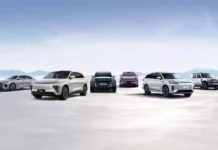





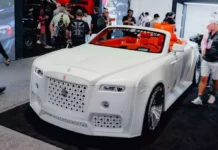
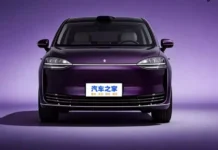

















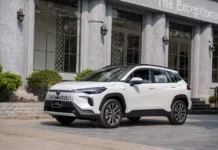


![[Quick Review] VinFast VF 6: Sharp, Convenient, Great Price](https://vnauto.net/wp-content/uploads/2023/11/xehay-vinfastvf6-20102023-1-150x150.jpg)

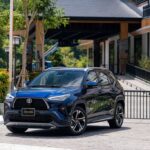










![[QUICK REVIEW] VinFast VF5: Affordable, Spacious, and Fully Loaded](https://vnauto.net/wp-content/uploads/2024/02/Xehay_VF5plus_21042318-100x70.jpg)
![[ACCESSORY REVIEW] Quick experience with Raytech’s new technology window film – surprisingly good for the price](https://vnauto.net/wp-content/uploads/2023/11/xehay-phim-100x70.jpg)